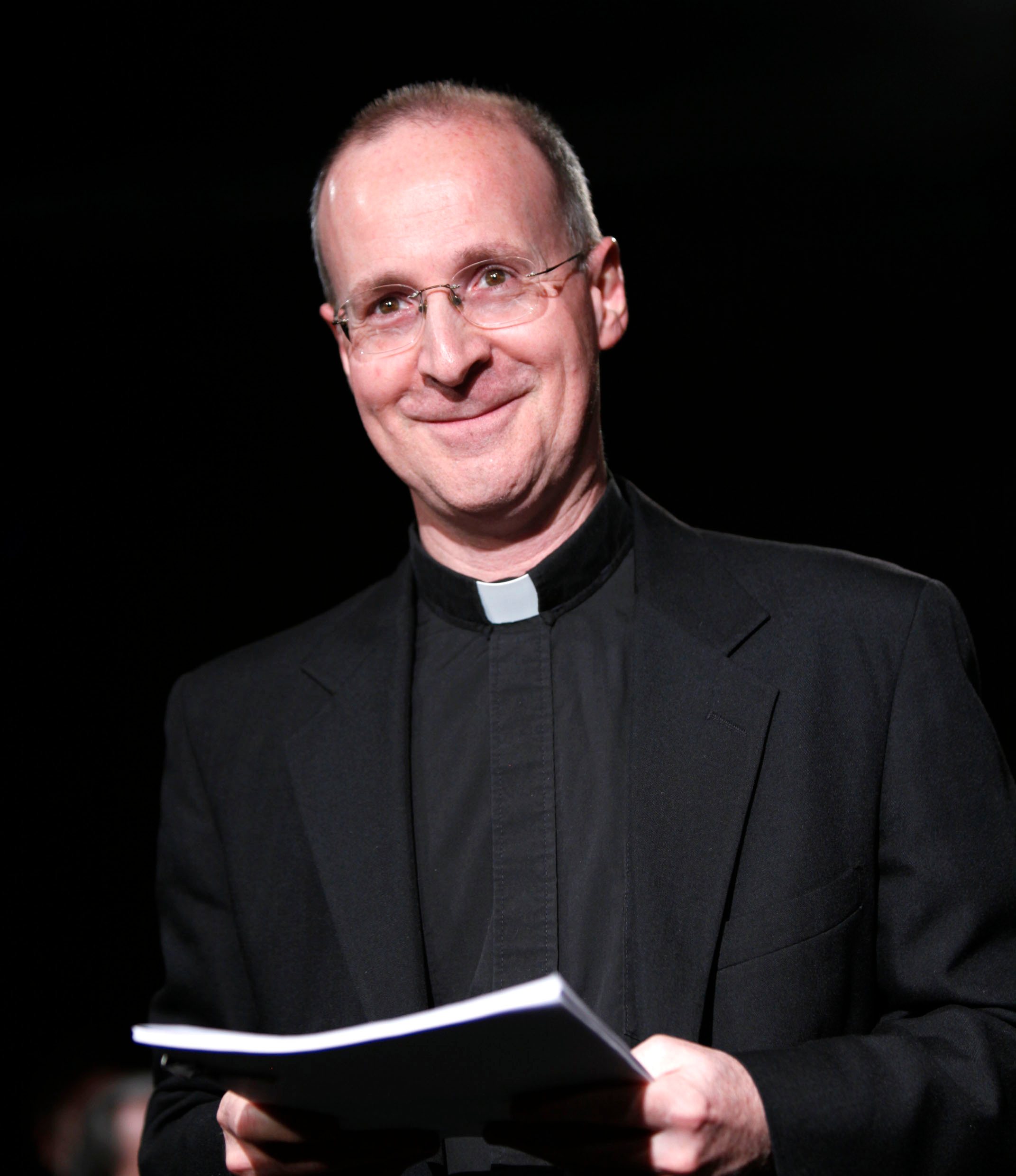James Martin is one of the most controversial Catholic priests in the United States. Very close to Pope Francis, this 61-year-old Jesuit has been in world public space for several years. He is the author of several books, many of them published in Portuguese, one of the editors of América magazine, a frequent presence in the American and world media and, since 2017, a Vatican consultant on communication issues. But it was his support for the inclusion of LGBTQ people in the Catholic Church, whose doctrine regards homosexuality as a “disorder,” that made him a leading figure in the contemporary Church.
Loved by some and hated by others, James Martin has become one of the most visible symbols of the deep cultural divide in which the Catholic Church finds itself immersed today, especially in the United States. Since 2016, a year that was marked by the massacre of 49 people in a nightclub usually frequented by the LGBTQ community in Orlando, Florida, the priest has become a public defender of rapprochement between the Church and LGBTQ people -especially those who, being Catholics, feel excluded from their own Church.
His work, which includes conferences, books, celebrations and a pastoral dynamic dedicated to welcoming LGBTQ people in New York, where he lives, has sparked a barrage of criticism and has made him a favorite target of the ultra-conservative radical movement. Martin was even classified as a “heretic” by Cardinal Gerhard Müller, one of the most famous faces of Catholic conservatism today. But despite the criticism and the wave of hate on social networks, Martin’s position has been repeatedly validated by the Vatican and by Pope Francis himself: in 2018, the priest was invited to speak at the World Meeting of Families in Dublin (an official event promoted by the Vatican on the family); more recently, in connection with the launch of the portal beatPope Francis sent Martin two handwritten letters supporting his work with LGBTQ people.
Pope Francis says the Church “welcomes all her children” and does not exclude the LGBTQ community
This article is exclusive to our subscribers: subscribe now and benefit from unlimited reading and other benefits. If you are already a subscriber, log in here. If you think this message is an error, please contact our customer service.
Source: Observadora
